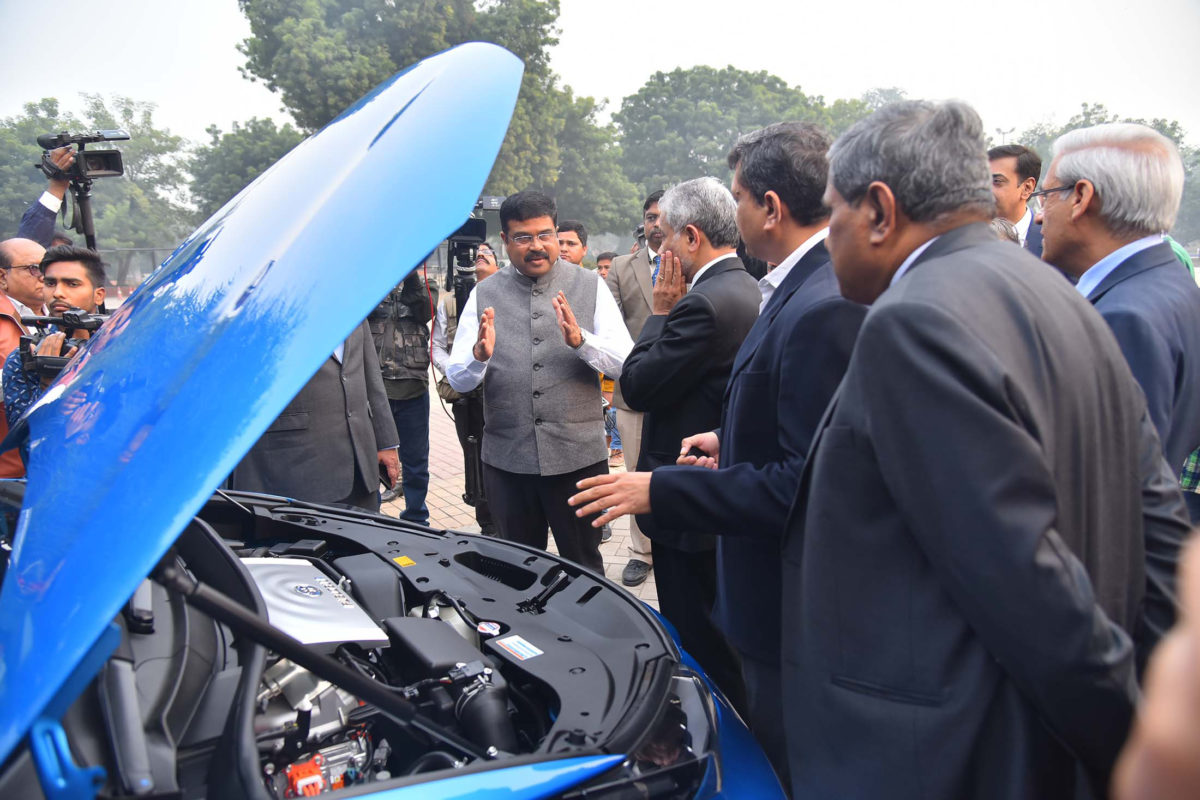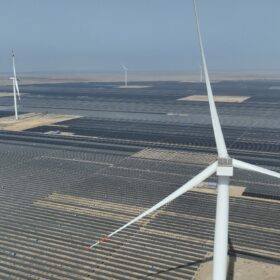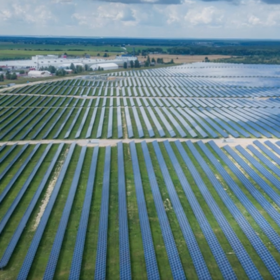Union Minister of Petroleum and Natural Gas and Steel, Dharmendra Pradhan has exhorted auto makers to develop economical, innovative and sustainable solutions towards achieving greener and safer mobility ecosystem in the country.
The minister was speaking at an event in Shri Dhyan Chand National Stadium in New Delhi, where he took the test drive of a hydrogen fuel cell based car manufactured by Toyota Kirloskar.
The minister mentioned that in the rapidly evolving energy landscape, hydrogen offers an eco-friendly and innovative solution for sustainable and green transport fuel. The only emission from a hydrogen fuel cell powered car is water. Further, hydrogen can be produced from various sources including biomass, renewables and LNG and possesses high energy density and long-time storage.
Calling for greater cost efficiency as the technology evolves, the minister said that while hydrogen and hybrid technologies are promising, the manufacturing cost of this high-end technology still needs to be worked upon to make it more affordable in the Indian scenario.
Talking about energy transition, and switch to cleaner fuel, he said, “India is undergoing energy transition and impacting global energy transition in a big way. We are exploring new sources of energy to create a sustainable and responsible model of energy transition. Switch to cleaner forms of energy will also contribute towards ensuring a cleaner environment for our people”
The minister also suggested to plan a workshop for brainstorming with experts and all stakeholders for a greater understanding of hydrogen technology in the Indian context.
South Korean car maker Hyundai is already evaluating the feasibility of launching a hydrogen fuel cell driven electric vehicle in India.
Globally, Hyundai aims to secure leadership in electrification by selling 670,000 electric vehicles annually and become one of the world’s top three manufacturers of battery and fuel cell EVs by 2025.
By 2025, the company aims to sell 670,000 electric vehicles annually, comprising 560,000 battery electric vehicles and 110,000 fuel-cell electric vehicles. The goal is to electrify most new models by 2030 in key markets such as Korea, US, China, and Europe, with emerging markets such as India and Brazil following suit by 2035.
This content is protected by copyright and may not be reused. If you want to cooperate with us and would like to reuse some of our content, please contact: editors@pv-magazine.com.









1 comment
By submitting this form you agree to pv magazine using your data for the purposes of publishing your comment.
Your personal data will only be disclosed or otherwise transmitted to third parties for the purposes of spam filtering or if this is necessary for technical maintenance of the website. Any other transfer to third parties will not take place unless this is justified on the basis of applicable data protection regulations or if pv magazine is legally obliged to do so.
You may revoke this consent at any time with effect for the future, in which case your personal data will be deleted immediately. Otherwise, your data will be deleted if pv magazine has processed your request or the purpose of data storage is fulfilled.
Further information on data privacy can be found in our Data Protection Policy.